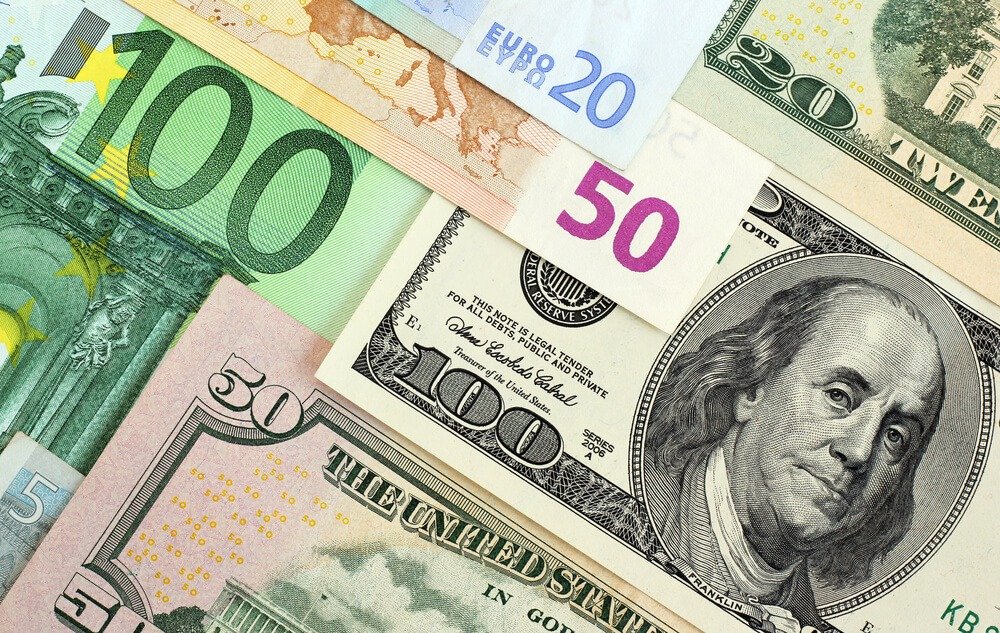On Tuesday, August 17, safe-haven currencies climbed as they benefited from the weakening economy, China’s disappointing data, and the continued surge of coronavirus cases.
The USD, which is considered the best safe-haven currency, held firm against its six other rivals.
The US Dollar Index, which trails the greenback in opposition against a basket of other currencies, climbed 0.12% to $92.730.
Also, the safe-haven Japanese yen increased as the USD/JPY pair rose 0.01% to $109.25. This is after its 1.00% loss over the previous two sessions.
While the EUR/JPY dropped 0.05% to 128.61, which is the pair’s lowest level since late March this year.
Then, the safe-haven Swiss franc was not able to hold on to its latest gains as the USD/CHF pair plummeted 0.05% to 0.9116.
Also, the EUR/CHF slipped from its near-month high of 1.0720 earlier in August. At the moment, the pair dropped 0.11% to 1.0731.
In addition, the safe-haven single currency inched up against the greenback as the EUR/USD pair plunged 0.02% to $1.1776. While the USD/EUR raised 0.10% to 0.8498.
Moreover, Fed Chair Jerome Powell will give his speech at the town hall for students and educators later in the day.
However, several analysts are expecting that he will not talk about monetary policy.
Rather, an economist stated that the market should wait for the central bank’s Jackson Hole conference next week.
On Wednesday, the Federal Reserve will hand over the minutes from its previous July meeting.
Meanwhile, the government will release the core retail sales and retail sales data later this day.
Based on analysts’ forecast, the former will ease to 0.1% from its previous 1.3% record. While the latter will drop to -0.3% from the 0.60% previous data.
Exchange Rates over Safe-Haven USD
Furthermore, the USD/CNY pair smashed 0.13% to 6.4826 despite China’s disappointing economic figures.
Last Monday, the country’s industrial production crashed 6.40% year-on-year (YoY) from its previous record of 8.30%.
Additionally, the retail sales in July sharply fell to 8.50% YoY from its 12.10% previous data as the mainland continues to fight against COVID-19.
Meanwhile, the AUD/USD and the GBP/USD both eased 0.57% to 0.7296 and 0.34% to 1.3804, respectively.
On the other hand, the USD/CAD rose 0.34% to 1.2617 while the NZD/USD collapsed 1.23%.
















